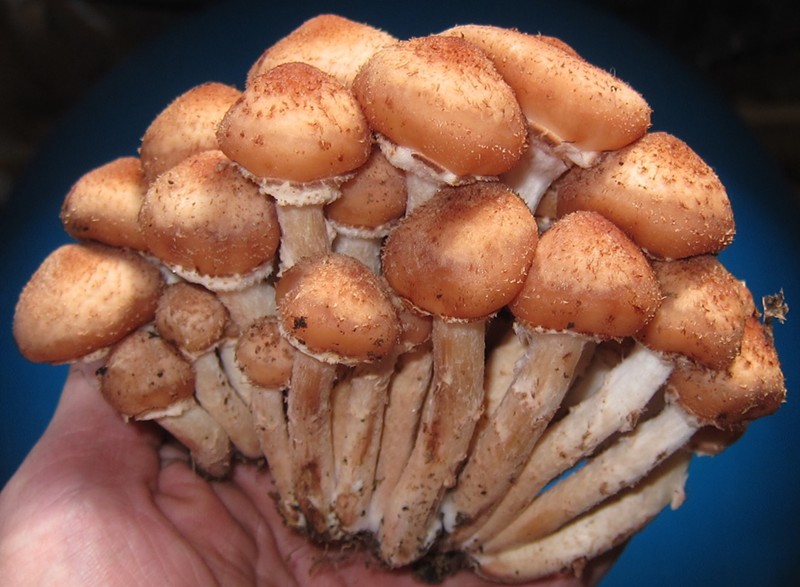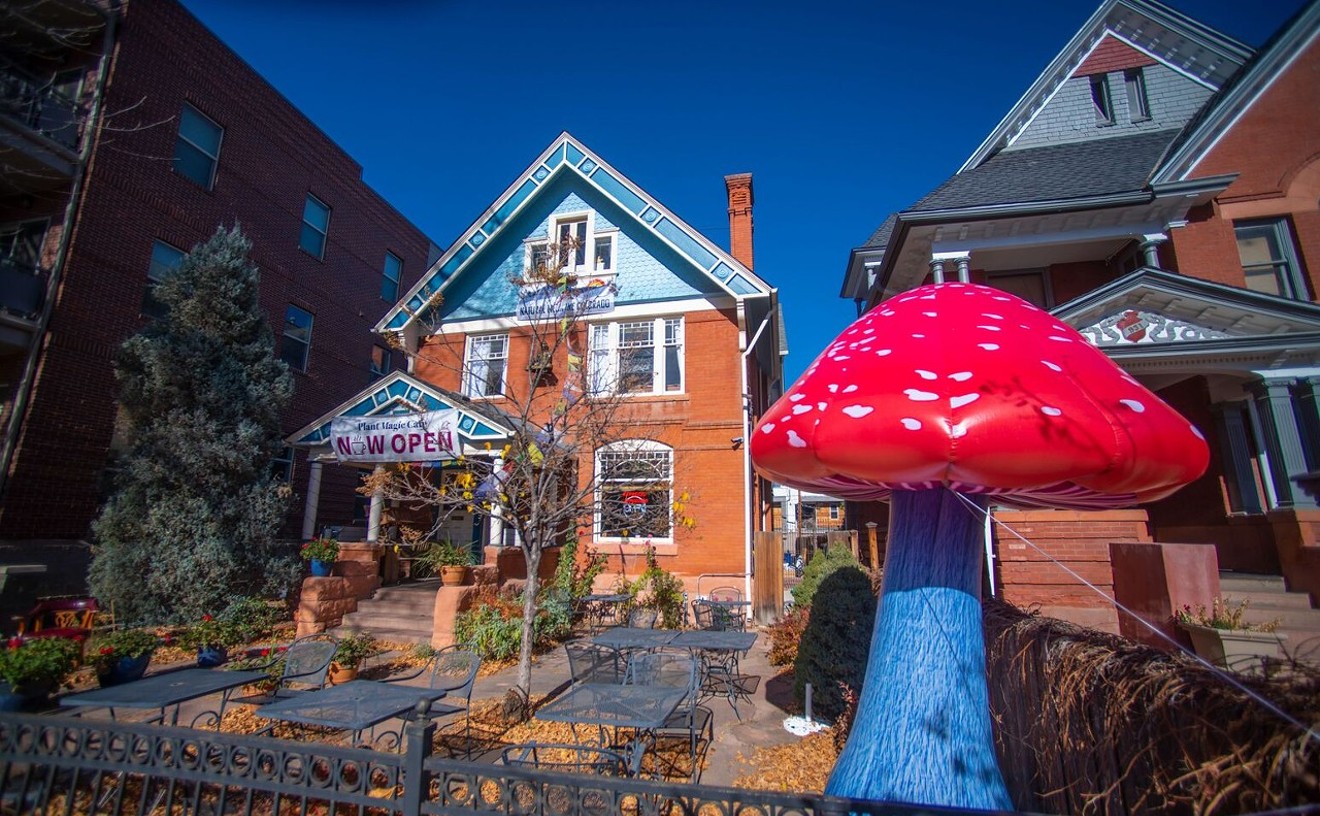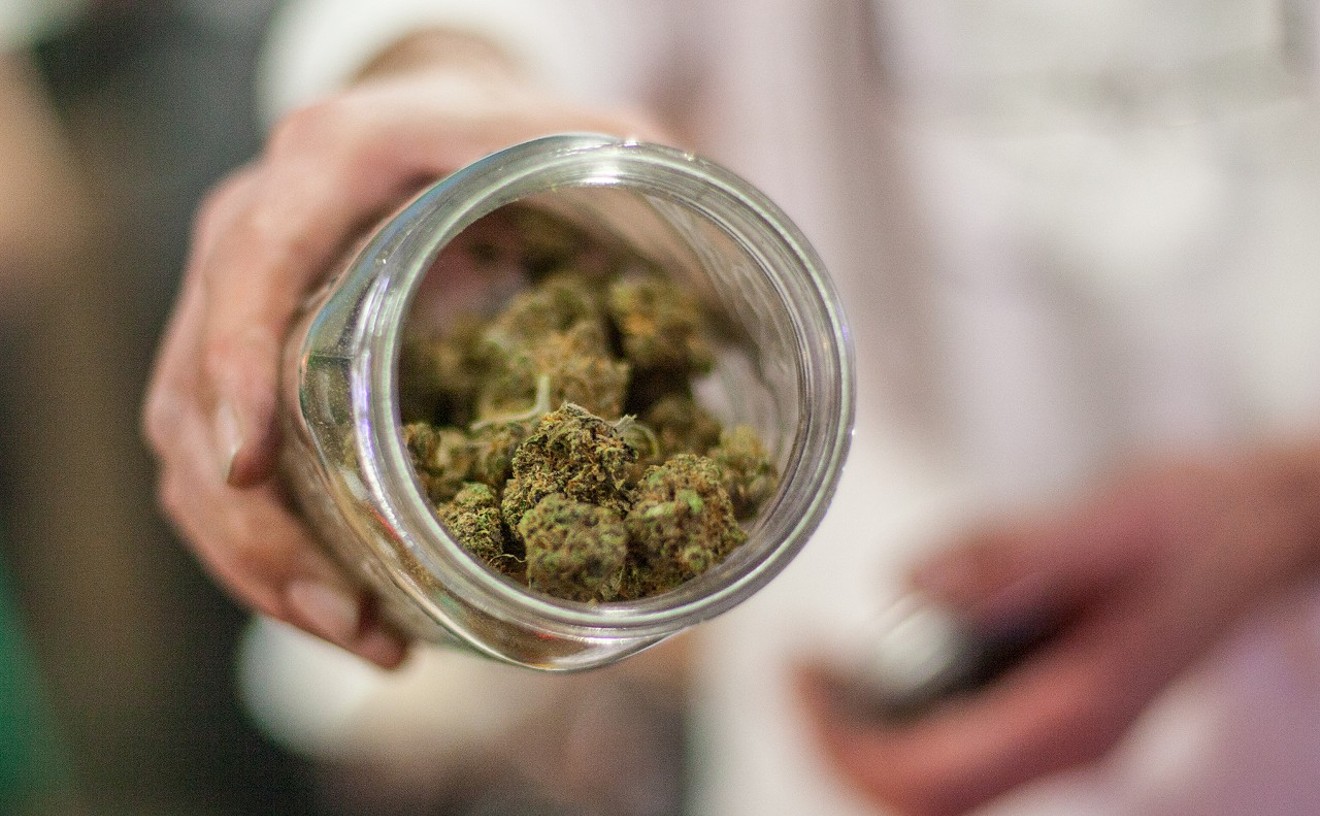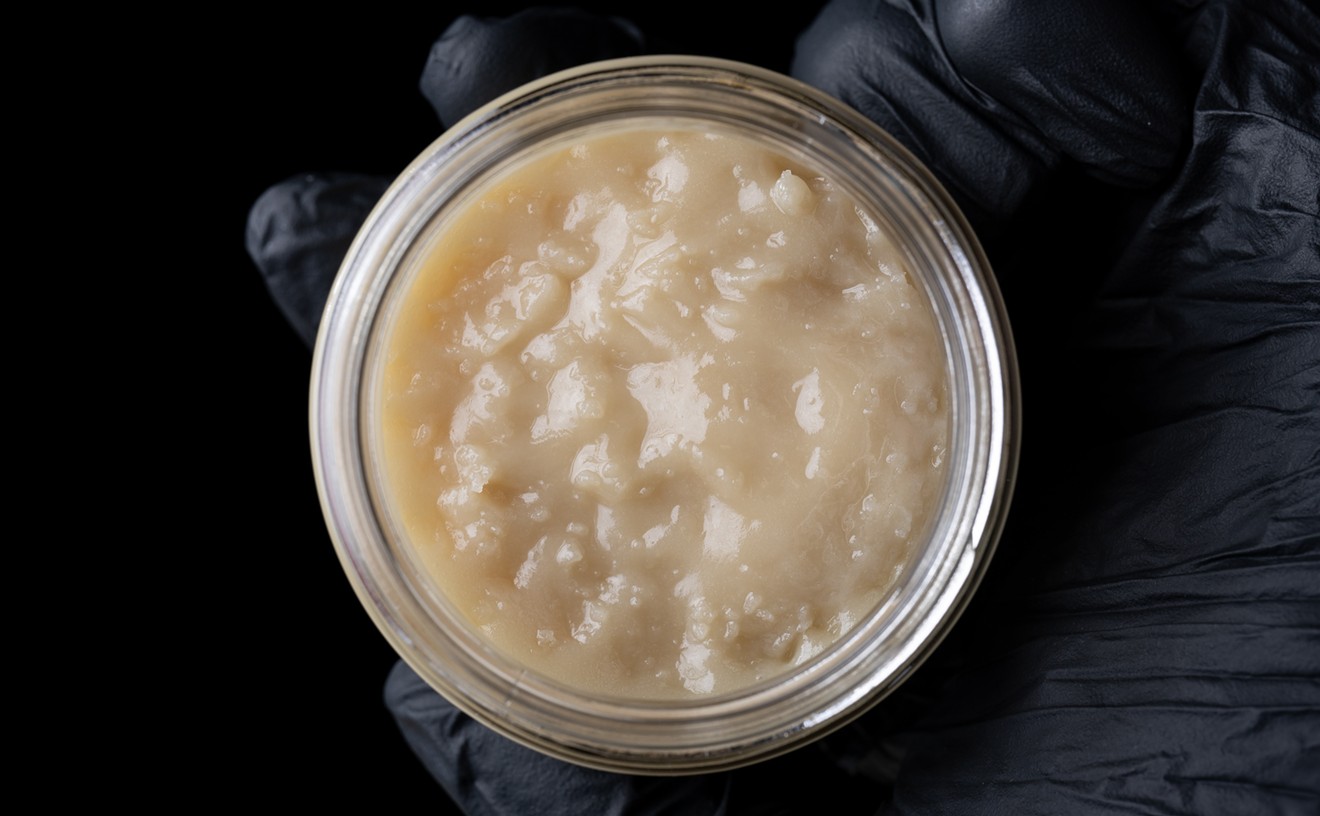Senate Bill 23-290 was approved in a final House vote, 45-18, on April 29. The measure's eight House amendments still need Senate approval before SB 290 makes its way to Governor Jared Polis, but co-sponsors in the House and Senate have worked closely to get the bill through in the closing weeks of the 2023 session.
Introduced less than two weeks ago by Senate President Stephen Fenberg, Senate Bill 23-290 would implement and regulate Proposition 122, the landmark psychedelics ballot initiative passed by Colorado voters last November.
The ballot initiative legalized therapeutic psilocybin and decriminalized the personal cultivation, use and sharing of psilocybin mushrooms and three other natural psychedelics (DMT, ibogaine and mescaline that is not from peyote). While licensed psilocybin therapy centers could open by late 2024, Prop 122 did not allow for the establishment of retail operations, only healing centers, so there won't be mushroom stores popping up like the hundreds of cannabis dispensaries currently in Colorado.
However, Prop 122 also didn't include limits on the personal cultivation of mushrooms or criminal penalties for illegal trafficking, and it was short on clinical and therapeutic psychedelic regulations. The measure largely left the creation of Colorado's new psychedelic framework to the state Department of Regulatory Agencies, which is currently overseeing a Natural Medicine Advisory Board, and any laws passed by the legislature.
The advisory board could recommend potential legalization transitions for the three other decriminalized psychedelics by 2026, and more bills retaining to psychedelics are expected to come from lawmakers in 2024 — but SB 290 is the first, and perhaps most important, legislation connected to psychedelic legalization.
Fenberg's bill would create guardrails for unlicensed psychedelic facilitators, restrictions for personal mushroom and natural-medicine cultivation, and criminal penalties for the unlicensed sale or distribution of psychedelics. The state Department of Revenue, responsible for overseeing Colorado's liquor, marijuana and gaming industries, would be charged with regulating licensed psychedelic manufacturing, distribution, testing and other business activities.
Highlights of the Natural Medicine Health Act bill:
- Psychedelic facilitators must be at least 21 and would be defined under state law, with training and certification required.
- Licensed psychedelic businesses would have to be 1,000 feet away from a child-care center, preschool, primary school or residential child-care facility.
- Personal cultivation would be limited to natural medicines only, must be conducted on private property and in a private and enclosed space, and would be limited to a space of twelve feet by twelve feet unless a larger area is allowed by local governments.
- Local governments could not prohibit psychedelic facilitators or healing centers, but could enact time, place and manner regulations.
- Local governments could not impose greater criminal or civil penalties than state law allows.
- "Bona fide religious, culturally traditional or spiritual" psychedelic ceremonies would be protected under state law if the individual holding the ceremony does not receive remuneration, informs attendees that they are not a licensed facilitator, and the ceremony is not associated with a "commercial, business or for-profit" activity.
- Ibogaine, a psychedelic alkaloid found in the root bark of the Tabernanthe iboga plant, would be prioritized by DORA for therapeutic consideration.
- People arrested in Colorado for activities that are now legal under Prop 122 could apply for record sealing.
- Advertising psychedelic services to people under 21 would be illegal.
- Underage and public use of newly decriminalized psychedelics and exceeding personal cultivation limits would result in petty drug offenses with fines up to $100 and mandatory community service.
- Processing natural psychedelics with "hazardous materials" such as extraction chemicals or solvents would be a Class 2 felony.
- The starting date for psychedelic facilitation application would be pushed from September 2024 to December 2024, likely postponing opening dates to 2025.
- A new working group within DORA, separate from the Natural Medicine Advisory Board, would focus on the preservation of Indigenous psychedelic use.
Local governments have the right to enact time, place and manner regulations on psychedelic facilitation centers and businesses, but neither Prop 122 nor SB 290 give local governments the power to ban psychedelic centers, despite calls to roll back those protections from coalitions representing counties and municipalities.
Psychedelic advocates believe the bill creates too many restrictions on unlicensed psychedelic facilitation and communal use, pointing to specific language banning the public consumption of psychedelics and paying unlicensed facilitators more than expenses, both of which can be components of religious or ceremonial use by Indigenous cultures.
Under the law, unlicensed facilitators could operate and take donations to recoup the costs of their services provided for them. Grassroots activists believe facilitators and spiritual healers need more remuneration for their services, but they were unable to sway legislators this time around. Stakeholders in the psychedelics community have also argued that bill sponsors didn't include them in conversations surrounding SB 290.
The Senate's amendments would loosen restrictions for psilocybin laboratory testing and psychedelic harm reduction providers, and create a state advisory board tasked with preserving the Indigenous use of psychedelics. In early House hearings, state representatives approved changes to the bill that would allow people on parole or probation to take psychedelics without violation, create a record-clearing process for psychedelic arrests that are no longer illegal in Colorado, and require psychedelic license applicants to submit their fingerprints for law enforcement background checks.
Late House amendments to the bill also added Indigenous tribe clarification, called for creating a social equity program intended to provide preferential psychedelic business licensing for Native Americans, and mandated that the state collaborate with health-care and law enforcement agencies to collect data on the impacts of psychedelics after the passage of Prop 122.
The bill now returns to the Senate for approval of those amendments; the Colorado Legislature must adjourn by May 8.












